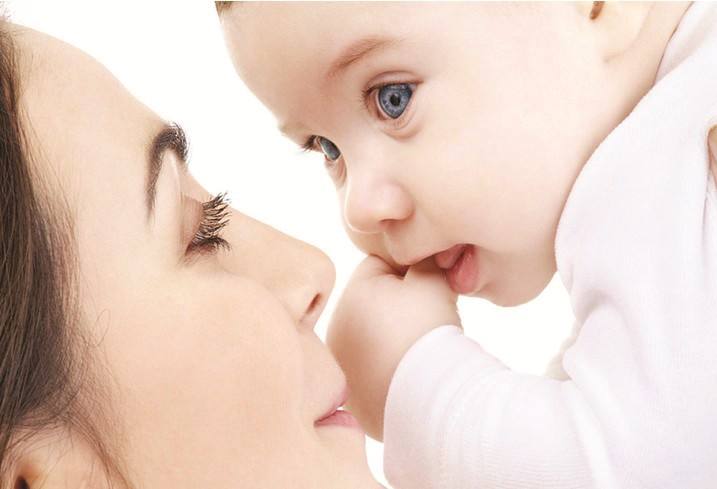This is Scientific American — 60-Second Science. I'm Erika Beras.
Got a minute?
Babies benefit from breast-feeding—they have a lower risk of infections, vomiting and diarrhea and less of a chance of later developing adult onset diabetes. And now a study finds that being breast-fed helps protect infants who are genetically predisposed to be at risk for asthma. The work was recently presented at the European Respiratory Society's International Congress in London.
Researchers collected data about 368 Swiss infants—such as the frequency and intensity of respiratory symptoms. They also tracked whether the infants were breast-fed. And they performed genomic analysis of the children.

The results: infants carrying genes that put them at increased risk for asthma had a 27 percent decrease in developing respiratory symptoms while being breast-fed. The same children showed a trend toward the risk going back up when they were not being breast-fed.
The study sheds light on the interactions between genes and the environment when it comes to asthma. The researchers note that they need to replicate the study in another group of infants to see if the findings hold. But if further work has a similar outcome, it could lead to better ways to let affected individuals breathe easier.
Thanks for listening for Scientific American — 60-Second Science Science. I'm Erika Beras.











